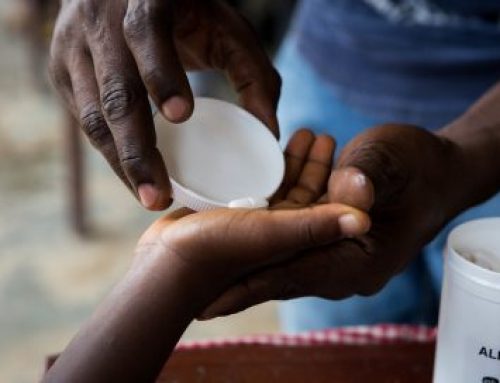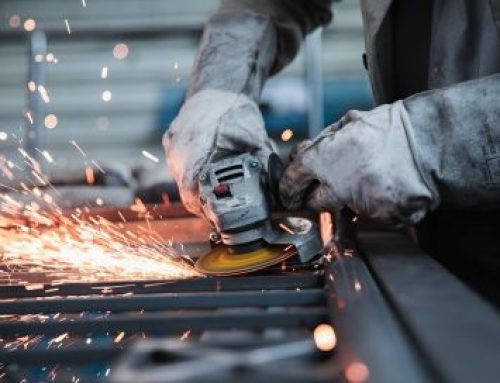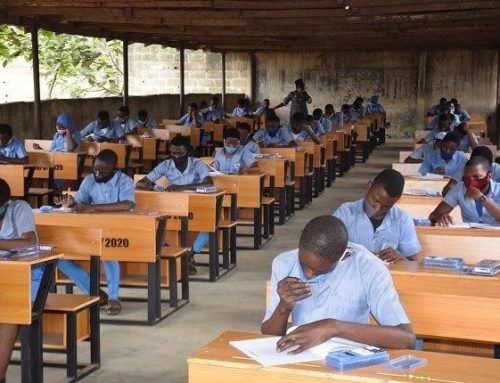Research question
The electricity sector is inherently political, and Nigeria is no exception. High capital requirements and risks for investors, and the huge benefits of cheap electricity for economic development can justify public investments to provide electricity, with private investments coming from well-connected entrepreneurs who are better able to insulate themselves from risk – and get away with delivering poor results. This project seeks to identify pockets of the sector where coalitions could be built to reduce corruption and increase reliable electricity supply.
Project summary
Our project is investigating the very complex story of corruption that straddles the entire electricity value chain (generation, transmission, distribution) in Nigeria. Corruption and inefficiencies in the main grid mean that off-grid solutions are imperative and recent policy changes that allow consumers to bypass the grid and the distribution companies can help. But for this to work off-grid solutions need to be implemented within manufacturing clusters who can organise the collective action required to mitigate corruption. Incentives created so far in the sector have been hugely distortionary and our solution aims to break this network of collusive interests by giving productive stakeholders in the sector a sense of ownership of the policy solution.
We are concentrating on locations (Aba, Nnewi, Onitsha) that are the heart of the SME sector in Nigeria. While they are connected to the national grid their chief sources of power are their own generators as well as private mini generator owners/operators who control power generation and supply electricity on a ‘flexible’ basis and who are a critical component of the SME value chain. It is clear that the informal generator-set based contractual solution is subject to less corruption and more efficiency. This is in itself is a new finding but our next step, given that the generator-set arrangement seems to be working, is to develop a cost-benefit analysis that will show the benefits of switching to an off-grid solution.
This research contribution is important because simply providing off-grid solutions is unlikely to work and institutional/contractual arrangements for their management and oversight are a necessary complement to this; and because off-grid solutions also need to focus on the SME sector to increase economic productivity, along with the residential and commercial sector.
Partners
Dr Pallavi Roy (SOAS University of London), Professor Jibrin Ibrahim (Centre for Democracy and Development).
Research publications
Breaking the cycle of corruption in Nigeria’s electricity sector: a political settlements analysis (Working Paper)
The potential of small and medium enterprises: Off-grid solutions to corruption in Nigeria’s electricity sector (Briefing Paper)
This project is now completed.








